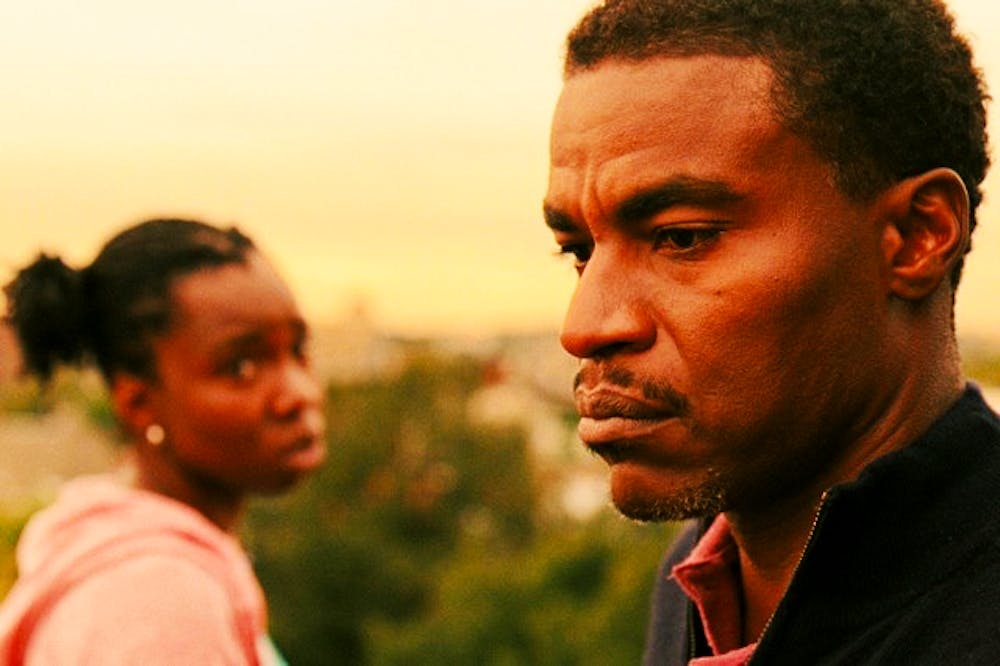The buzz surrounding festival darling Pariah seems to suggest an authentic and revealing examination of race and sexuality — in an environment where black gay characters are rarely given a voice, Pariah is a welcome project. However, its portrayal is unfortunately shallow, offering no fresh insights into queer experience. Pariah follows Alike, a talented high school student struggling with her lesbian sexuality amidst a prejudiced community. The plot conforms to most others relating to coming out — namely, being gay is hard, especially when you have overbearing parents. Lovers quarrel, fathers lecture, mothers preach, teens rebel and all this occurs against the sloppy backdrop of cringe–inducing high school poetry. It’s more of a banal Hollywood romance flick than a complex investigation of queer life — race, class and gender are only timidly investigated, and a dildo makes an awkward appearance.
Thankfully, aside from its shallow screenplay, the film’s execution is a wonder. The largely handheld cinematography is as claustrophobic as it is stunning: in murky passageways, overhead lighting and tight close–ups evoke the same emotions as the story itself. The performances too are superb, the actors bringing extraordinary depth to otherwise underdeveloped roles.
All of this leads to the impression that director Dee Rees may be too attached to the material. In several moments, the story appears autobiographical, and you’re left to wonder if the script has been lifted verbatim from her experiences. Many aspects of the film are certainly realistic, and the problems raised are of utmost importance, but it doesn’t translate to a compelling cinematic experience. The film’s message is presented with sledgehammer subtlety; written into nearly every frame, Pariah relentlessly beats us over the head at 24 absolutely gorgeous frames per second.
------
3/5 Stars Directed by: Dee Rees Starring: Adepero Oduye, Kim Wayans, Aasha Davis Rated R, 86 min.







